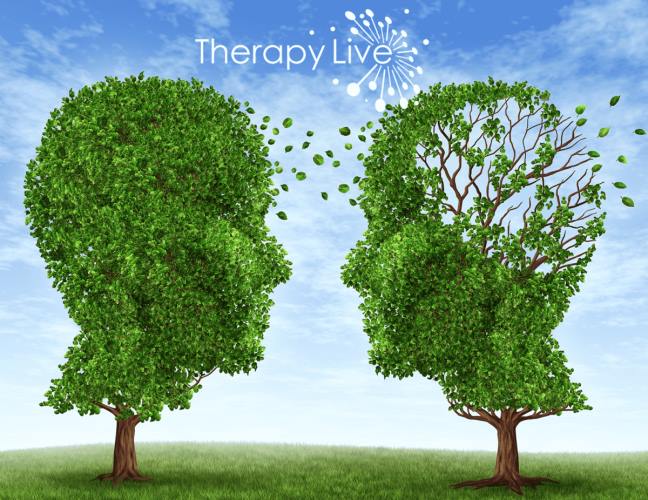Psychologist as Voter
By: Dr. Neil Stafford Posted On Oct 20, 2016
As I have watched our great political process play itself out over the last year I am intrigued, worried, frustrated, hopeful, and mindful. I listen to my friends and colleagues talk about their beliefs and intentions. I watch the posts (arguments) on social media. The conversation whirls around us all. Many times I think it's confusing and annoying. It distracts us from our daily life, and all of the most important activities. After a few minutes of viewing a newscast, a debate, or a discussion between friends I find myself agitated. I can't help but ruminate on the ideas for at least a couple of hours, and those feelings affect the next few people I contact. It's overall annoying, and can lead to a sense of feeling helpless and disaffected. Yet, I think there is a way to participate without coming to despair about the outcome.
It seems to me an approach which could be helpful is found in the practice of mindfulness. I draw this information from Dan Siegel in his book The Mindful Therapist. He suggests a way to improve our reactions to events around us is to engage in a mindful practice of stabilizing the lens through which we view the world. Many times we engage event without thinking about them. We react emotionally, and our lens (like a camera or a pair of glasses) is partially blocked, at a weird angle, or covered with a thick filter. For example, we might have a friend tell us about their reaction to a candidate in the debate last night. Because we aren't prepared for this opinion our lens is covered up by our own emotional reaction to the debate, or we have the filter of the craziness of getting the family out the door in the morning on our lens. Our reaction to their opinion is not our true, thoughtful, reasoned answers. It's an automatic, instinctual, emotional one. That could be good (if we agree with our friend), or frustrating (if we don't agree). This conversation then further skews our lens based on how we walk away.
If we want to have more control over how we respond, and how we are impacted by these experiences then we can engage in practices which stabilize and keep our lens clear. We can use the three Os. We can observe, be open, and be objective. We can do this for ourself to help us engage in a way we feel confident. We start with observing. What do I feel, what am I thinking, and how is my body reacting to what I am seeing or hearing? This observation brings into awareness what is our reaction. If we are aware of it then we can do something about it. Second, we are open. We don't judge our experience. We are just feeling and thinking the way we are. We don't have to change it. We just acknowledge it at the moment. Then, third, we are objective about our reaction. This is just one way I feel. It's a reaction to the moment. It's a reaction to the last couple of hours or days of events. It's not all of who I am. This one moment doesn't define me.
To use our example, if we are listening to our friend talk about the debate we may start to feel frustrated or angry. We don't know why we just feel that way, and we start to argue or rant at our friend. This isn't what we want to be doing. We are just doing it. If we engage our Os we can change our approach. We start with being observant. I feel frustrated. We are open. There's nothing wrong with being frustrated. We are objective. What would make me frustrated about what they are talking about? Why don't I like it? We create a separation from how we feel and how we react to be more thoughtful in our approach.
If we are open to the experience, observant of how we are reacting, and objective about what is happening we stand to have a clear lens with which to engage the world. We can see more clearly what is happening to us, within us, and around us. We are in more control of what we do next.
So, the psychologist here is a voter. I am affected by what I watch and hear. It does frustrate me, cause me to worry, and lead me to some dark conclusions at times. Yet, when I clear my lens I realize (to quote a few wise people I've had the privilege of engaging recently) it's not the end of the world. I will be fine, and what's most important to me is those people around me each day I care most about. See them. Love them. Your world, our world will be a better place for it.
If you want to learn more about mindfulness there are a lot of resources out there. I would suggest checking out Jon Kabat-Zinn and/or Dan Siegel. Also, you can send me a comment, email or message to chat more about the thoughts from this blog. Be awesome by being you!
